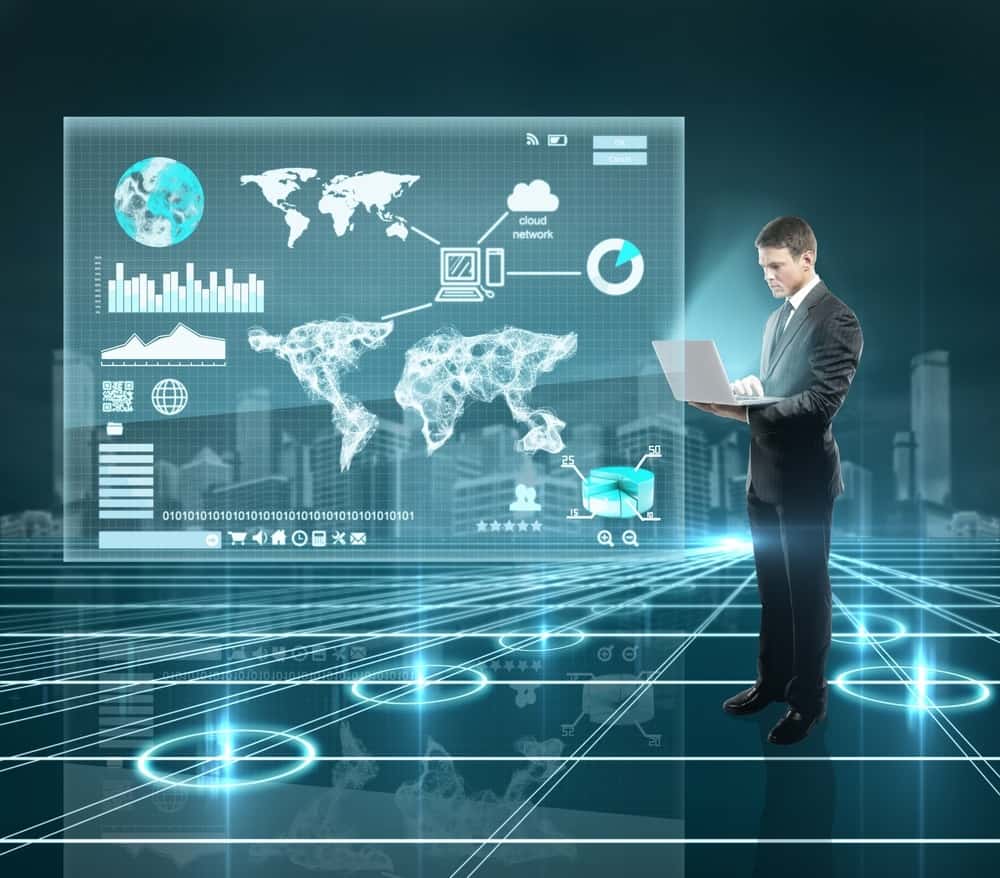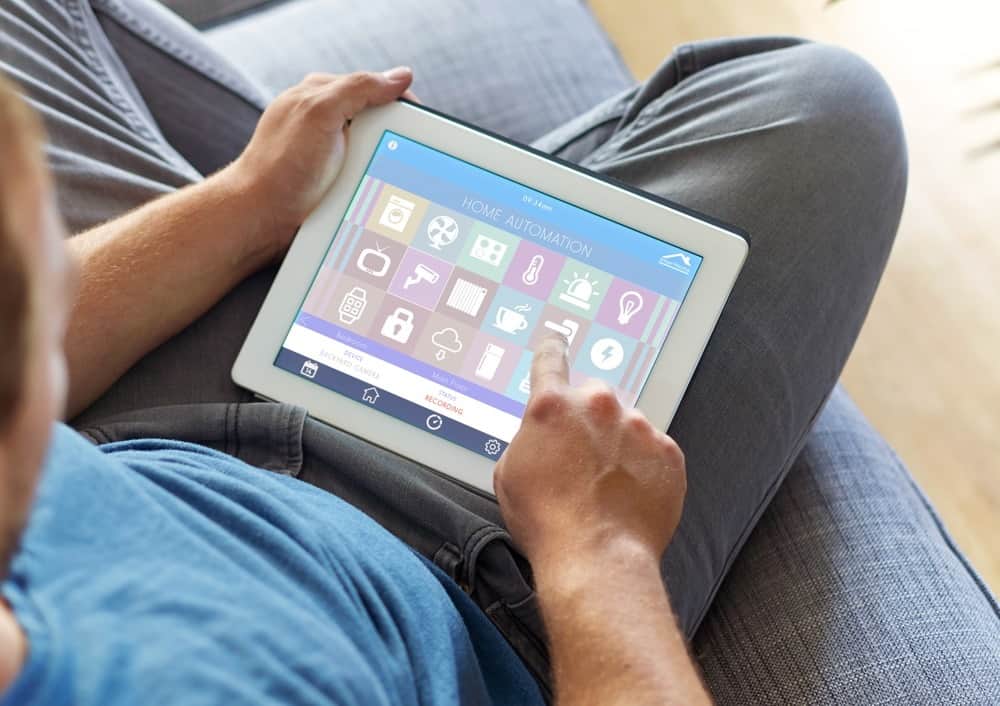If you are in the startup space, or are someone who keenly follows technology news, IOT is an acronym that you hear very often.
IOT means Internet of Things, and it is the network of physical objects which are embedded with electronics, software, network connectivity, and sensors which enable these objects to exchange data. It should be noted that IOT and data are mutually inclusive here, one cannot add value without the other.
In fact, the success or failure of the Internet of Things could depend on the data, and how it is analyzed to assimilate into meaningful information.
The ‘Things’ in the IOT can refer to a plethora of devices that include automobiles with built-in sensors, field operation devices that assist firefighters in search and rescue operations, heart monitoring implants, etc. These devices give useful data with the help of the available technologies, and subsequently allow the flow of data between these devices.
Apart from the obvious benefits of IOT, it is also expected to generate large amounts of data from diverse locations that is aggregated in real-time, which necessitates indexing storing and processing such data.

UPS, one of the world’s largest shipping companies, uses sensor data and big data analytics to save money, lessen the environmental impact, and improve efficiency..
A report from UPS states that they capture more than 200 data points for each vehicle in a fleet of more than 80,000 every day. This saves a lot of time and fuel consumption, along with reducing harmful emissions.
Disney World’s MagicBand is an intelligent example of IOT and big data working together. The MagicBand is a wearable, sensor-laden wristband that visitors can use to check-in at hotels, buy food or merchandise, and visit the various attractions at the amusement park. Wearers can check-in at certain posts by tapping their bands against a receiver, the movements are tracked via a Radio Frequency Identification (RFID) tag.
This can be used to collect data on visitor movement, it can also help them accommodate more guests, identify shops where more inventory is needed, properly operate attractions, and regulate high traffic locations.
The IOT market is still in its nascent stages, and it can be expected to explode fast as more and more devices get connected to each other. The number of connected devices is expected to be in tens of billions.
Entrepreneurial innovation will be driving this industry, as the benefits that could be reaped are humongous. Unlike big corporations, who have a strategy where experimenting would not be easily possible, startup ecosystem allows the entrepreneurs and employees involved to take risks and innovate.
A McKinsey report says the Internet of Things is ramping up for three reasons:
- The sensors that are made available these days are getting faster, smaller, and cheaper.
- The ubiquity of network; you can get connected almost anywhere these days.
- The ability to analyze data that these network sensors generate, which makes the IOT scenario much more appealing.
IOT Usage Across Industries:
Let’s take examples of industries where IOT‘s implementation has been high, and look at how it is becoming smarter. Each of them presents different market opportunities for entrepreneurs innovating with technology to improve services, connections, and communication.
Healthcare:

Hospitals can collect data and analyze it for even the smallest variety of hospital devices. This can help medical staff perform diagnoses, treatments, and effectively improve standards of care for a patient whose data is readily available and has been analyzed.
Transmitting real-time information with aspects, such as vital signs data, to a medical staff puts the patient in a much better position. This is achieved by wearable technology. Inas simple as the push of a button, a hospital can be immediately notified about the condition of a patient.
There are fitness trackers such as FitBit, GOQii, Nike FuelBand, etc, whose devices measure movements throughout the day. This can change the way insurance companies can work.
Entrepreneurs might want to go into any of these aspects and build a business around it, as it empowers its users and can change the lives of those being a part of it.
Retail

This is mainly because they can track inventory using inventory management software and can serve consumers effectively. Mobile IOT technology has enabled consumers to get a more personalized shopping experience.
The stores, with the help of IOT technology, can collect a consumer’s location, demographic info, and shopping history, thus giving them the advantage of improving their shopping experience.
With data that is real-time, sales personnel at the physical store can also make personal recommendations, thereby helping to increase the sales.
To identify individual items, these brick-and-mortar stores are also making use of the RFID tags. Although this works similar to barcodes, it can be used wirelessly. These tags help retailers track inventory efficiently and continuously update consumer information.
Salespeople are also able to give on-the-spot advice to help the customer purchase an item, thereby differentiating themselves from the customer.
Manufacturing
Manufacturing was one of the very first industries that took advantage of the IOT technology. Factories around the world are using this incredible technology. The billions of networks that are connected make the day-to-day operations run smoothly.
Businesses integrate the sensor-based technology into the incumbent processes and systems to make a smart manufacturing system. IOT has the potential to not only make it more faster and efficient, but also make it more profitable.
Security
Security services are another area where the combination of uses for the industry using the IOT technology is multi-fold. This could be used for security systems that are made to protect homes, as well as for VIP security where real-time data could be gauged.
Energy consumption is one more area where entrepreneurs could concentrate on making it big (e.g., create a device that turns off devices automatically when it senses that there is no one in the house).
Embedded intelligence of IOT
Giants like Cisco, Panasonic and Sharp have pledged to make appliances and devices that are compatible with a networking system, so that machines interact. Entrepreneurs need to find a niche, which can be made possible with the help of Internet of Things.
You must be wondering how IOT can help you in your life. Starting from observing your sleeping baby, taking appointments from doctors, and making sure that you take your medicines on time, a multitude of wearables can track your activities. IOT also allows thermostats to give you the weather, so you can cut down on your electricity bills. It can also help your city by providing the platforms where streets can be lit up according to the day, time, climate and season.
Every interaction can be changed with the help of the Internet of Technology, and entrepreneurs would be at the forefront of everything that is innovative. Smartphones will become a portal to the concept of the Internet of Things for the general population, as well as a complete remote control of your life. Business visionaries with innovative personalities have the opportunity to capitalize on this uncommon open door.

